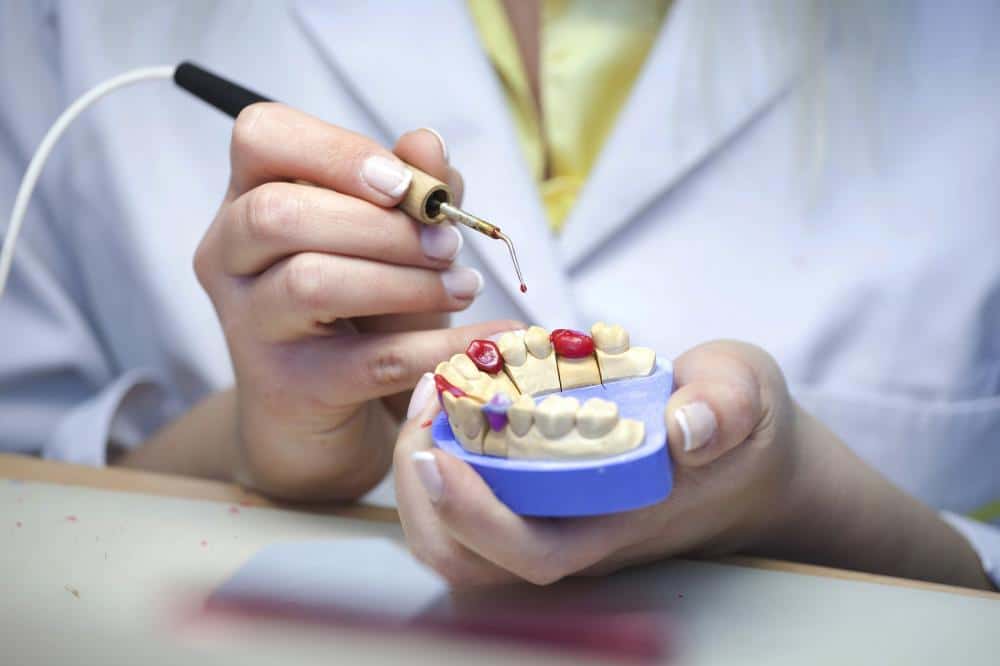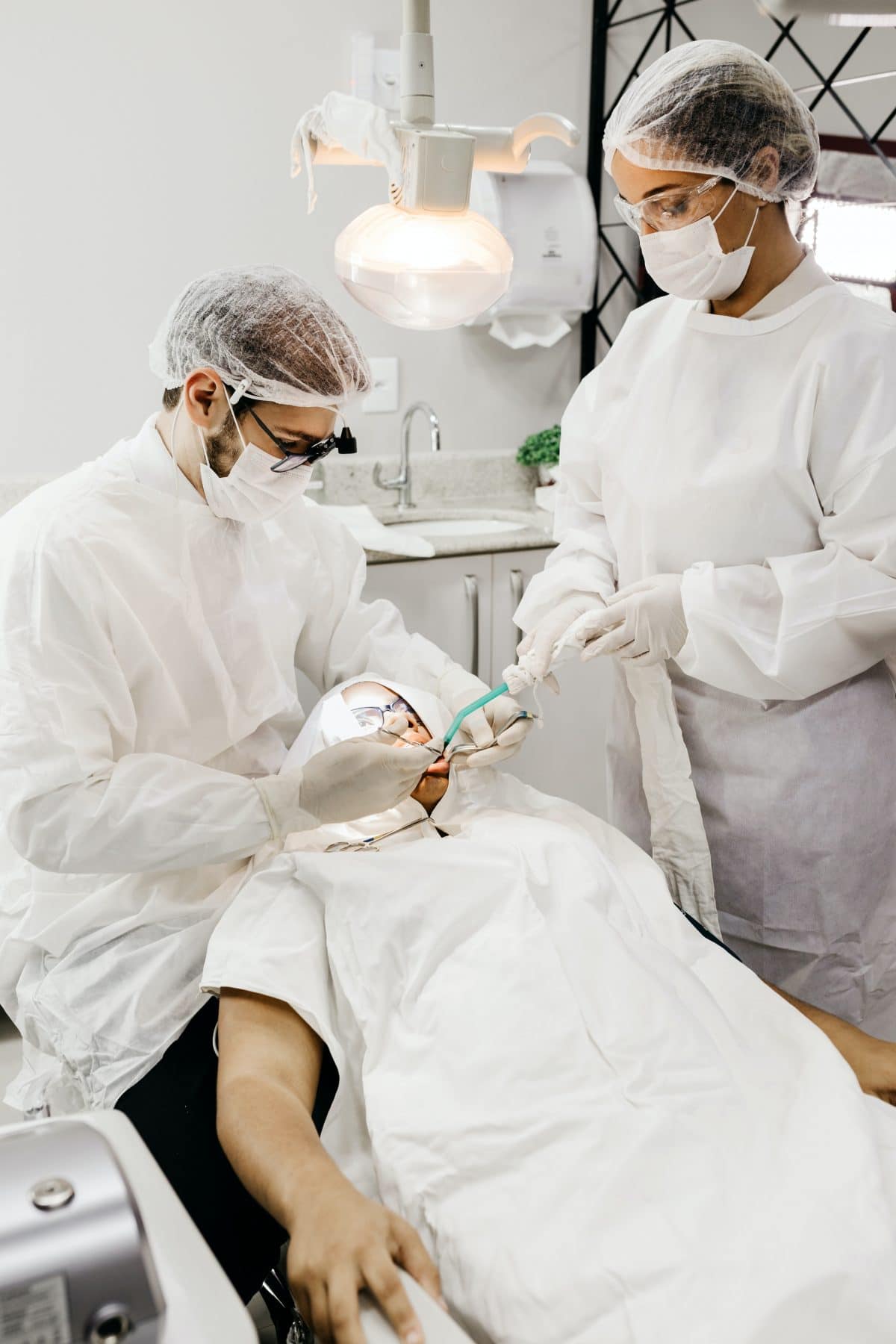Everyone wants a great smile. It’s important to keep your smile strong to prevent problems such as breaking a tooth. Besides orthodontics or being genetically blessed there are things to look out for to help protect against tooth breakage. As a baby, thumb sucking is discouraged by parents. Why? Because it is one of the leading causes of misaligned teeth and broken teeth. Poor dental hygiene can make your teeth weak and susceptible to tooth pain.
Have you ever wondered why teeth break? What can you do to make sure yours are safe?
Bruxism
One of the most common causes of a broken tooth is bruxism. In simple terminology, bruxism is also referred to as excessive teeth grinding. The condition of teeth grinding usually happens during the night and many sleepers do not realize it is happening. There are other generic causes, such as sleep disorders, anxiety, and stress. A dentist-approved mouthguard can control bruxism.
Cavities
A cavity in the tooth can be common due to poor nutrition or lack of dental hygiene. When the hole in the cavity deepens the teeth are prone to sensitivity and eventually can cause a split. Plaque and bacteria attack the enamel of the tooth, without proper plaque removal you are at risk of cavities and potential tooth breaks.
Large Fillings
Fillings are placed when a cavity forms in the tooth. However, with time and if proper care is not taken, large fillings can start to disintegrate the tooth. This is typically found in the wisdom teeth which have a larger surface. Depending on how large the cavities are and the number of cavities, large fillings may be recommended.
Accidents or biting into hard food can also cause tooth breakage. If your tooth breaks or cracks we encourage you to see a dentist in Saskatoon as quickly as possible. Trauma due to heavy blows to the face and the mouth can also result in tooth breakdown. Now that the causes of common took breaks are known to you, you may want to learn more about potential treatments for any dental issues you may be facing.
Call our dentists in Saskatoon with any questions or concerns you may have or to schedule an emergency same-day appointment.


